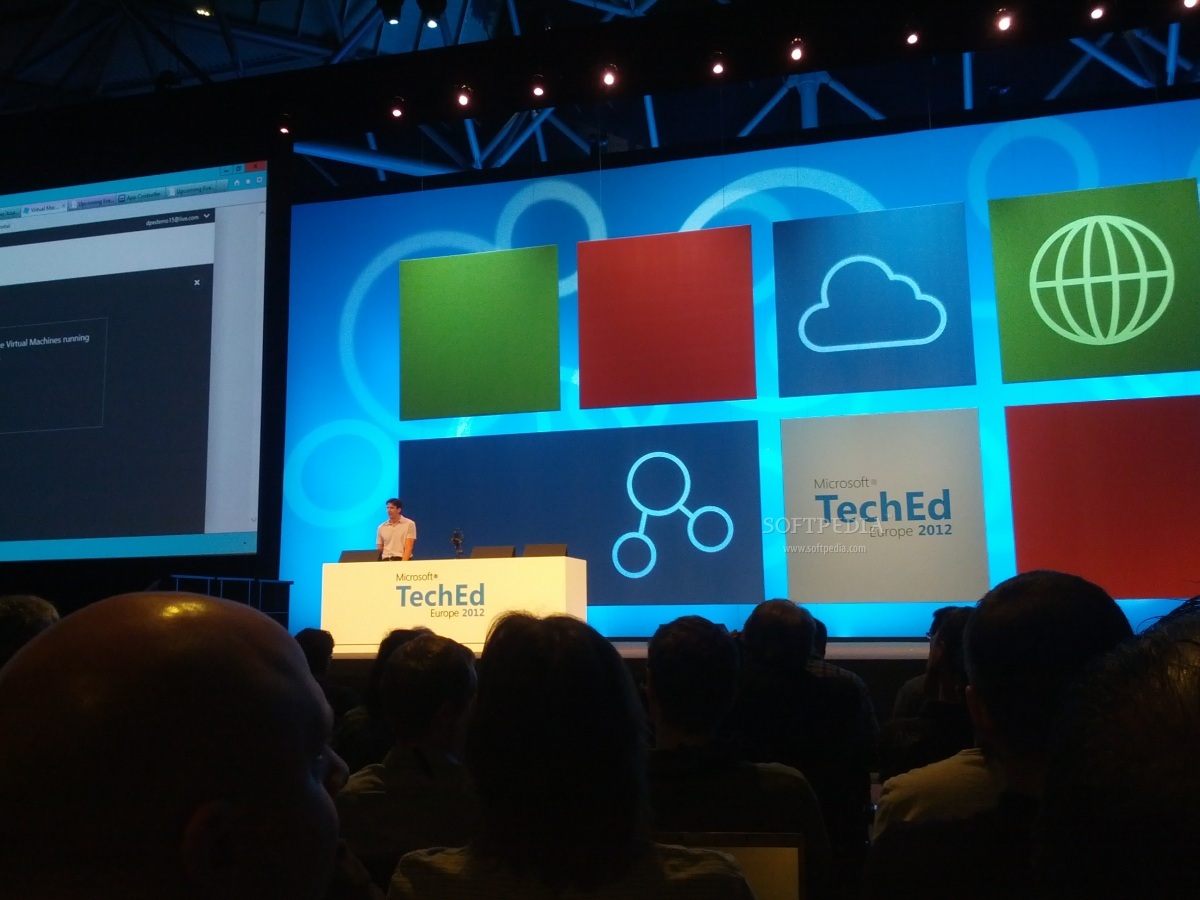
In addition to presenting some of the latest features added to the Windows Azure and Windows Server 2012 platforms, Microsoft also provided some info on its private cloud offering during the keynote at its TechEd EMEA 2012 conference in Amsterdam.
The same as with the desktop and phone platforms, the cloud is moving towards an app-dominated environment today.
In fact, the company says it has been focused on ensuring that developers can benefit from great cross-platform capabilities, designed from the ground up to meet such requirements.
Today, Microsoft's cloud OS is building the foundation for the future, said Brad Anderson, Corporate Vice President, Management & Security Division.
Both Windows Azure and Windows Server 2012 have been designed to provide customers the possibility to bring their applications and services to the cloud on their own terms.
Some of the features and capabilities available for them include increased portability, with the possibility to move virtual machines to the place they consider best fitted.
Moreover, they can move these VMs without having to make modifications to them, which also enable them to keep their services online during the transition.
At the same time, the company expanded support for VMs to a new level, offering customers the possibility to use Linux in a virtualized environment for better flexibility.
On stage during the keynote, Microsoft's Mark Russinovich showed virtual machines running SUSE being listed in the same place as those powered by Windows.
Creation and management of VMs has been simplified as well. As Russinovich put it, “it is so simple to create a new VM that even your boss could do it.”
Migration was also simplified. All that it takes in the new environment is to right click on a VM, select migrate, set new settings for it, and then hit deploy to have it on a new cloud platform.
Windows Azure and Windows Server 2012 were also designed so as to enable developers better prepare for failure scenarios.
Apps built for the cloud would not go down in case the server fails, but only parts of the app will be affected.
However, given Microsoft's latest focus on Windows 8 and its Metro UI, we will see elements of the interface coming to the company's cloud platforms as well.
Via: Microsoft's Private Cloud at TechEd EMEA 2012
Tidak ada komentar:
Posting Komentar